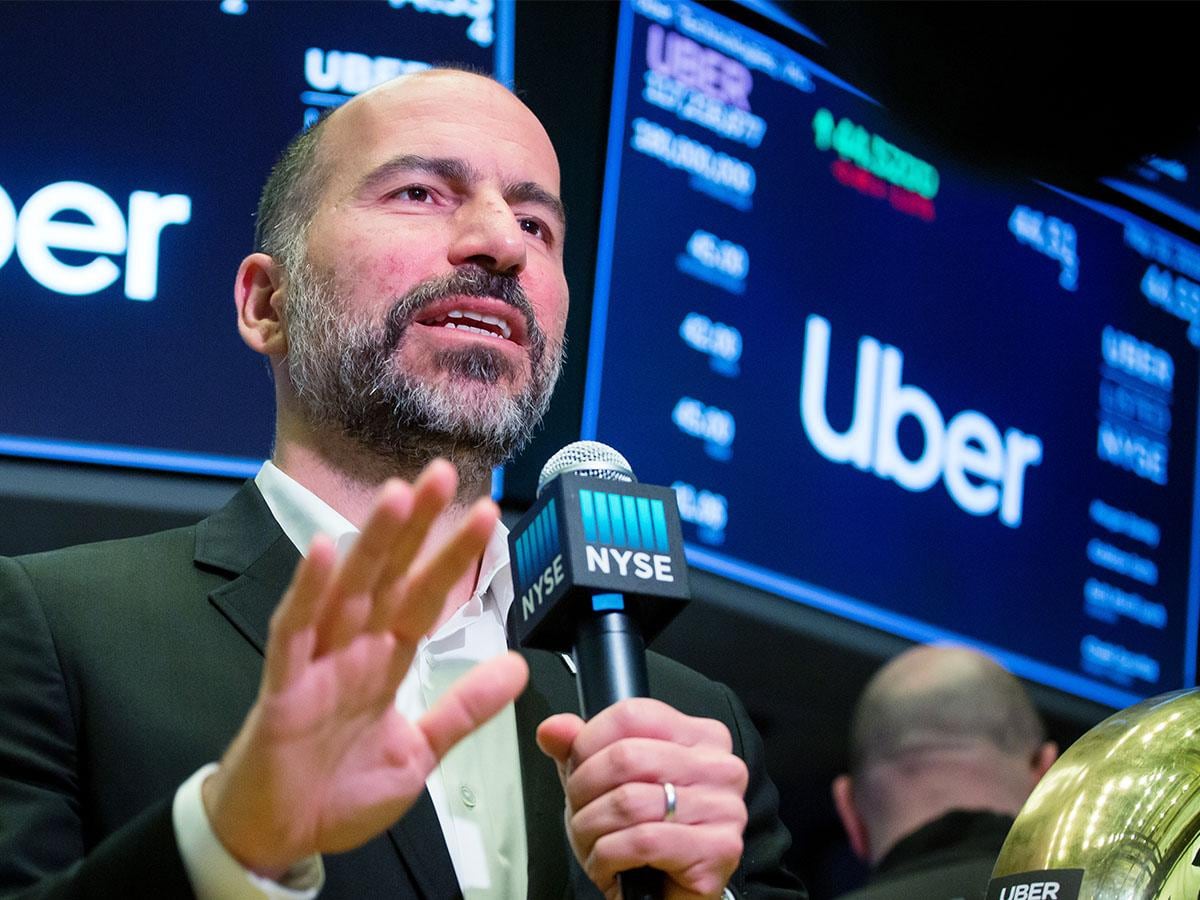Uber [UBER] and Lyft’s [LYFT] share prices have struggled since going public in May. It seems investors are not impressed by business models that have seen earnings drive further into the red, despite rising revenues. Yet last week HSBC [HSBC] went against the direction of travel and upgraded both stocks to ‘buy’.
Justifying the decision HSBC analyst Masha Khan pointed to the potential for lower subsidies and product innovation; the belief is that this would help reduce the losses both companies are incurring. In a note to investors, Khan said:
"We think regulatory concerns are priced in, whilst we continue to see a lot of optionality around product improvements for both Uber and Lyft."
Although HSBC lifted its rating for the stocks, it also reduced its price targets. HSBC took its price target for Uber to $44 a share from $49. Lyft was cut to $62 from $67. This works out as a 35% upside on Uber’s share price and nearly 34% upside for Lyft.
In the analysis, HSBC said that if the two ride-sharing companies slow down on marketing and focus on fixed-term deals, then they could achieve profitability.
What's the market for ride-sharing apps?
Gig stocks like Uber and Lyft have seen their share prices tumble this year. And these losses come during the biggest bull market in years. Since their May IPOs, Uber’s share price has dropped 22%, while Lyft’s is down 40% .
Yet Uber and Lyft’s services are now part of modern western life. According to Pew Research Centre, 36% of adults in North America have used a ride-sharing app. That's up from 15% in 2015.
40%
Lyft's share price drop since May IPO
But while this shows the market is growing, only one in ten of those polled used ride-sharing apps more than once a week, and 22% said they were monthly users. This is a problem for Uber and Lyft. They need people to be using their services more regularly, instead of the odd one-way trip to the airport or late night pick up from a club.
Unsurprisingly, those using the app regularly tended to part of a younger demographic. This could suggest the stocks are a long-term bet if the younger early adopters continue to use the apps later in adult life. After all, last quarter Lyft saw 71.80% revenue growth, so people want to use the product, even if the company also saw a 78.71% decline in profits during the same period.
22%
Uber's share price drop since May IPO
Regulatory concerns persist
To get to profitability there are still some regulatory roadblocks to get past. Not least Uber's insistence that if it classified drivers as employees then business would suffer.
Well, in California, that just happened. California's AB5 law passed last week, coming into effect from 1 January 2020. The law means Uber and Lyft will now have to class drivers as full employees.
Uber is holding out, arguing that its drivers aren't core to its business and thus against the reclassification of their employees.
Tony West, chief legal counsel at Uber told the press:
"Several previous rulings have found that drivers’ work is outside the usual course of Uber’s business, which is serving as a technology platform for several different types of digital marketplaces.”
Uber claim this law would steal drivers’ ability to work when they want. It would also mean it would have to pay drivers higher wages, which would translate to higher prices.
“Several previous rulings have found that drivers’ work is outside the usual course of Uber’s business, which is serving as a technology platform for several different types of digital marketplaces” - Uber's chief legal counsel Tony West
Is either stock a buy?
Rising fares might not be a bad thing for Uber or Lyft. Bumping up the cost of a ride would help offset the currently out of kilter business models the two services operate. If both companies can do this alongside the kind of fixed-term deals Khan highlights then more money will come in, and more regularly.
| UBER | LYFT | |
| Market cap | $55.42bn | $13.596bn |
| EPS (TTM) | -3.01 | -7.45 |
| Operating Margin (TTM) | -66.80% | -81.64% |
| Quarterly Revenue Growth (YoY) | 14.40% | 71.80% |
Uber & Lyft share price vitals, Yahoo Finance, 23 September 2019
Khan isn't alone in backing the ride-sharing companies. Among the analysts tracking Uber on Yahoo Finance, the stock has a $50.60 price target. Hitting this would see a 55% upside. Lyft has a $73.06 price target, which would represent a 57% upside if hit.
Continue reading for FREE
- Includes free newsletter updates, unsubscribe anytime. Privacy policy





